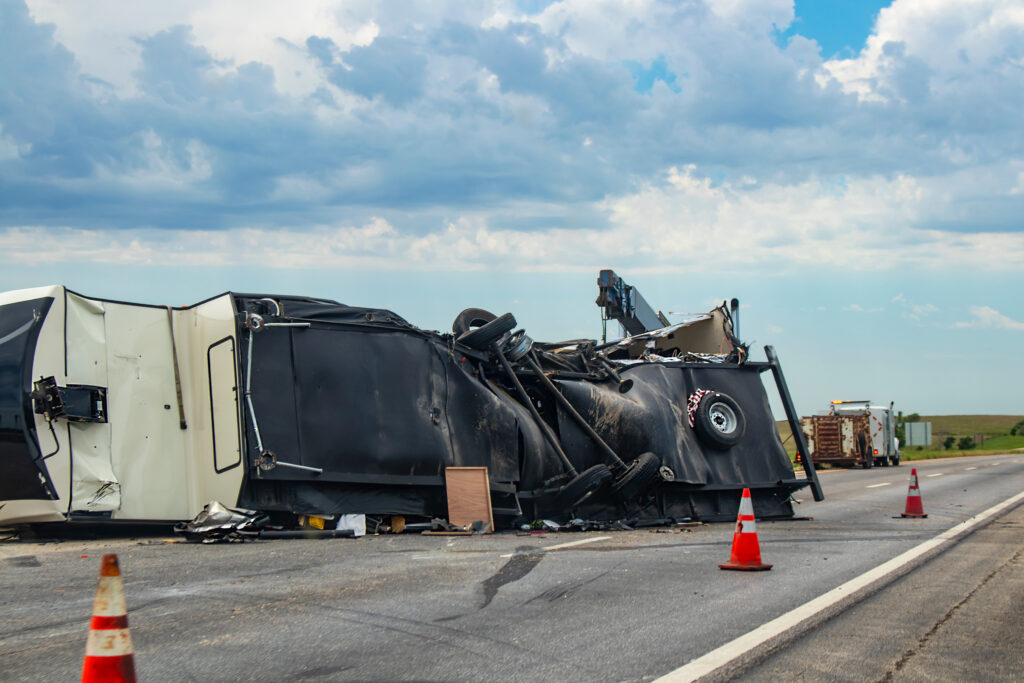Picture this—you’re on the brink of retirement and are thinking about getting out on the open road, exploring places you’ve always wanted to visit during your golden years. You’ve determined your home’s value, are ready to sell, and are planning your goodbye to homesteading and hello to the highway. You’ve researched the perfect RV and have been eyeing it for months. But maybe there’s a small part of you holding back, wondering how you’ll be able to manage your healthcare as a RVer.
Although full-time RVing is becoming increasingly popular, there is still a lack of information for people wanting to find out about their healthcare options while traveling full-time. Luckily, there are ways you can plan on reducing your typical healthcare costs and embrace a healthy lifestyle once you decide to join the RV community.
Live an Active Lifestyle
One of the biggest perks of becoming a full-time RVer in North America is that you have access to most continental national parks and a plethora of hiking trails to choose from, making an active lifestyle relatively easy. The National Park Service offers annual passes for visiting over 2,000 federal recreation sites, which can be a cost saver if you’re planning on exploring parks frequently. Staying active in your later years can help prevent common diseases and illnesses from developing, in turn reducing the amount of money it would take to cover unexpected medical bills.

Another (often sudden) healthcare concern is dehydration. Dehydration can easily lead to kidney stones and build up toxins that water could easily flush out. It might be easy to overlook something as simple as drinking water when spending long hours on the road, but RVers should try and remember to keep hydrated to avoid any unexpected hospital visits. Remember to stop often to empty and refill your water tanks and to refill your drinking water, too.
Avoid Risky Injuries
New RVers sometimes fall prone to injuries specifically related to operating an RV. Drivers sometimes forget that they are driving (or towing) a heavy vehicle, with most of the weight coming from the back of the vehicle. If you speed, your risk of a car accident increases dramatically because it takes longer to slow down a heavy vehicle than a typical car.
Manufacturers have also begun to make RVs lighter than in previous years, making them more likely to tip over or even flip due to high speeds and winds. To minimize the potential for a collision, remember to slow down in bad weather and to take turns slowly and widely. Another way to avoid an accident hurting you inside the RV is to make sure that items within the cabin are secured from falling or sliding while driving, and that the weight within the vehicle is evenly distributed.

Digitize your Healthcare Records
Larger healthcare providers have begun to digitize their record keeping, making it easier for patients to access their medical files. Most providers offer an online patient portal where patients can review medical history, tests and exams, message the primary provider, and sign documents.
As a full-time traveler, you will likely want to take advantage of digitized recordkeeping should you need to visit a doctor away from your domicile state. It might be worth it to store physical copies of your medical file inside the RV in case of an emergency, too. Thankfully telehealth visits are becoming increasingly available, so if you feel ill on the road you may still be able to plan a visit with your primary care provider, even if you’re hundreds of miles away.
Find a Pharmacy Retail Chain
Pharmacy retail chains have made it much easier for full-time travelers to access their medications regularly. Most national chains like Walgreens and CVS have pharmacies within them and can easily transfer prescriptions to and from other stores, allowing you to travel where you want and know exactly where you can pick up your next prescription refill.
If you have the option, consider bulking your prescription to every 60 or 90 days, that way you minimize the number of trips you have to plan for picking up medication. Services like ExpressScripts offer prescription delivery in bulk quantities, but this option might only be helpful for travelers with PO boxes that are checked regularly.
Moving Forward
Unfortunately, there is no one-size-fits-all healthcare solution for full-time RVers (yet)! It may feel burdensome to plan five steps ahead of your next trip to ensure you can pick up your medication when you need it, but the efforts are well worth it.
It is also important to not neglect your annual check up, as preventative maintenance is one of the most cost-effective ways of saving on your healthcare costs. For more information on healthcare options as a full-time traveler, you can check out our article on finding the best health insurance for RVers.


